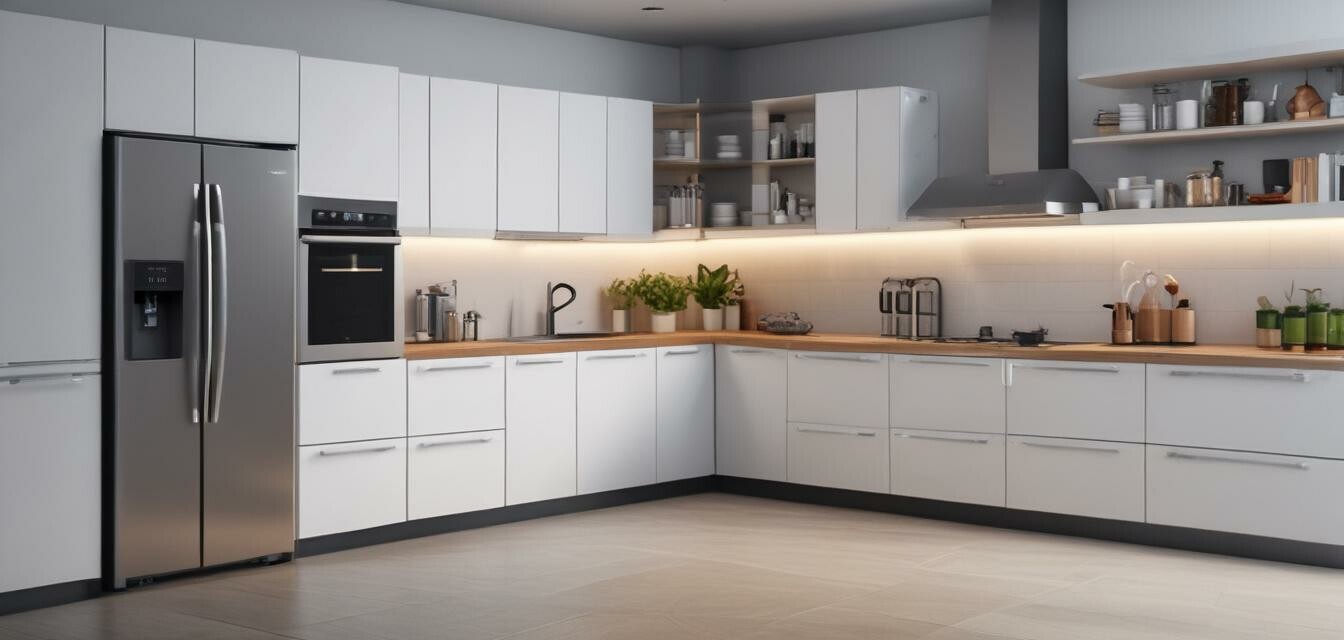
The Importance of Proper Appliance Usage for Energy Saving
Key Takeaways
- Proper usage of appliances is vital for maximizing energy efficiency.
- Regular maintenance ensures appliances work optimally, reducing energy bills.
- Understanding appliance features can enhance energy-saving potential.
- Implementing energy-saving habits can lead to significant cost reductions.
Understanding how to use your appliances correctly is essential in today's world, where every penny saved in energy bills contributes to the overall reduction of household expenses and the promotion of a sustainable lifestyle. By being mindful of how you operate your home appliances, you can not only save money but also reduce your environmental footprint.
Why Proper Usage Matters
Many homeowners underestimate the impact of proper appliance usage. Energy-efficient appliances are designed to minimize energy consumption, but they can only perform optimally if used correctly. Here are some reasons why this is crucial:
- Cost Savings: Using appliances inefficiently can increase your energy bills significantly.
- Longevity: Proper usage and maintenance extend the lifespan of your appliances, reducing replacement costs.
- Environmental Impact: Minimizing energy waste helps reduce greenhouse gas emissions.
Tips for Using Appliances Efficiently
By following best practices and tips, you can drastically enhance your home's energy efficiency. Here are some of the key areas to focus on:
1. Understanding Appliance Features
Modern appliances come with various features aimed at improving energy efficiency. Familiarize yourself with these:
- ECO mode: Many appliances have an ECO mode that maximizes efficiency.
- Sensor technology: Appliances like washers and dishwashers often have sensors that adjust water usage according to load size.
2. Regular Maintenance
Routine maintenance can prevent issues that lead to energy inefficiency. Here are some practices:
- Clean filters regularly to avoid strain on appliances.
- Check hoses and seals for leaks in washing machines and refrigerators.
3. Energy-Saving Habits
Incorporate these habits into your daily routine:
- Run dishwashers and washing machines with full loads.
- Turn off appliances when not in use instead of using standby mode.
- Optimize thermostat settings based on the season.
Common Mistakes to Avoid
Identifying common mistakes can help you adopt better practices:
- Overloading appliances: This can lead to inefficient cleaning or cooking.
- Improper settings: Not utilizing available energy-saving settings can waste energy.
- Ignoring load size: Smaller loads do not justify running full-sized appliances.
Conclusion
Incorporating practices that promote efficient appliance usage not only helps in saving energy but also plays a part in creating a sustainable environment. By adopting these simple habits and understanding the features of your appliances, you can enjoy a more efficient home and lower energy bills.
Pros
- Significant cost savings on energy bills.
- Extended lifespan of appliances through proper care.
- Positive impact on the environment through reduced energy consumption.
Cons
- Initial learning curve to understand appliance features.
- Requires consistent commitment to energy-saving habits.
Additional Resources
If you're looking to dive deeper into energy efficiency, consider these related articles on our site:
